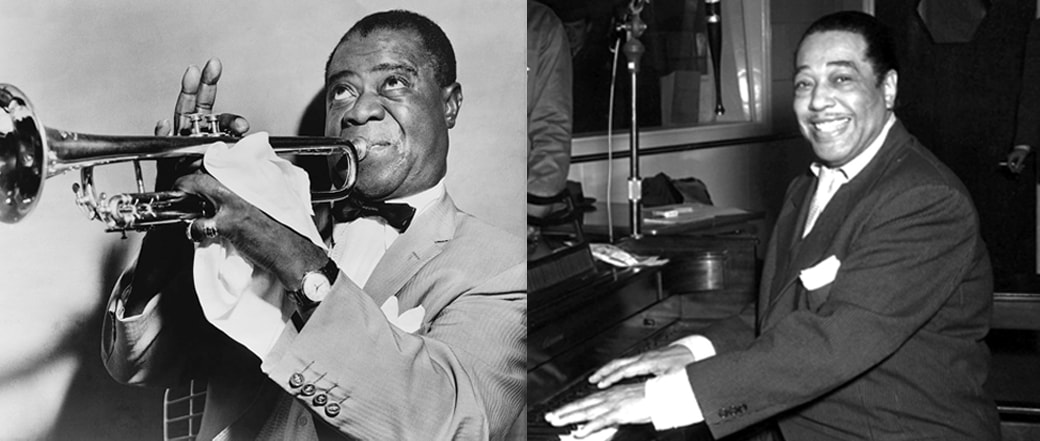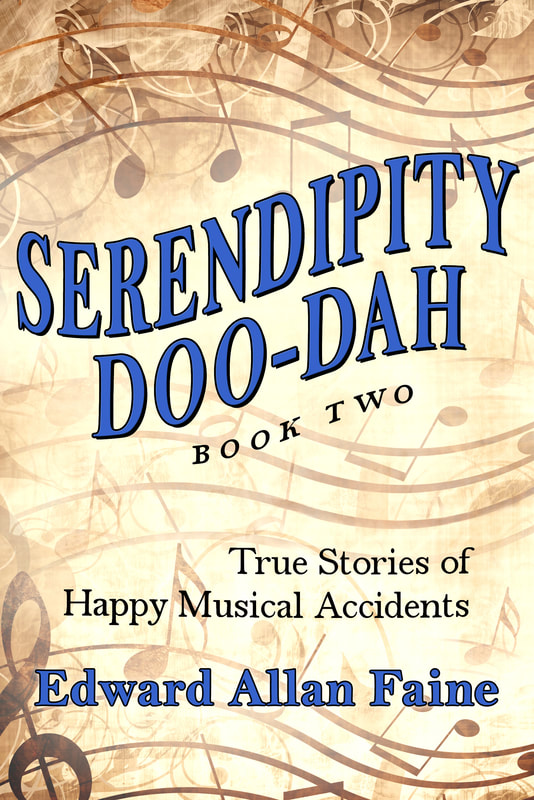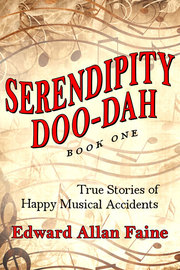Compositionally, the two are near identical, and the Pops biographer suggests Ellington may have had a hand in West End Blues, although there is no direct evidence for such.
Brothers characterizes Armstrong’s West End Blues as resembling “a ‘fantasy’ or a ‘rhapsody,’ a type of piece that makes no pretense of integrating the parts into a coherent whole but, rather, offers delight in the unpredictable unfolding of different sound images, one after the other.”
He would have characterized Duke’s piece in the same way. Brothers further suggests (tongue in cheek, perhaps) that if Armstrong had been interested in crafting an image of himself as a composer (as Ellington certainly did), he would have named his opus West End Fantasy.
The structural similarity in the compositions, however, in my opinion, did not require a direct or indirect influence one way or another. It resulted from a common understanding the two composers had about the music they were creating—one with more variety and discontinuity than the unity and coherence prevalent in the then dominant Eurocentric music and one with an African foundation that came out of an American experience.
CODA
Armstrong would become the central figure in the history of jazz for his solo playing and singing. Ellington would become its finest composer. His musical creations often used “the unpredictable unfolding of different sound images, one after the other” to the consternation of his critics, but to the delight of his many fans.




 RSS Feed
RSS Feed